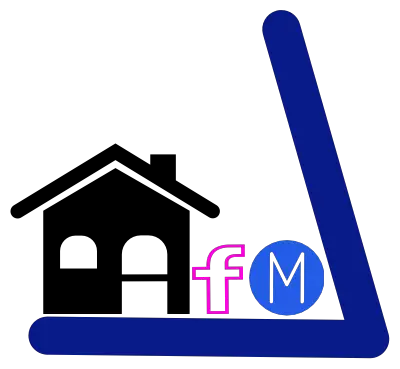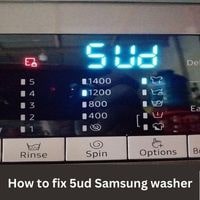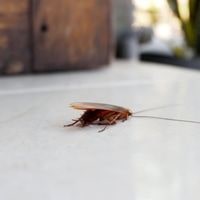Why Is My Fridge Leaking Water Onto The Floor
Why is my fridge leaking water onto the floor. Most people take the fridge in their homes for granted. They assume it works and that it keeps things at the right temperature.
Seeing a puddle underneath it can be frustrating. Most fridges have a comprehensive list of safety features nowadays to reduce risk.
But if you see any unusual noises or find water on the floor, don’t ignore your intuition!
Why Is My Fridge Leaking Water Onto The Floor

Water is essential for life, but if your fridge starts leaking, that could spell disaster. Fortunately, there are ways to prevent icebox leaks and deal with them if they happen.
We will discuss here the reasons for leaking water from the fridge.
1. Blocked Water Line
One of the most common reasons a refrigerator is leaking water on the floor is an issue with the water line.
If you notice that your refrigerator lines are clogged, you may need to ask a professional how to unclog them or purchase special tools to remove the clog yourself.
You can also look under your fridge and check if there’s standing water below. If you have a blocked water line, it could lead to problems, including your fridge being unable to dispense ice or water as desired properly.
Solution: Turn off the refrigerator first. The valve under the sink must then be turned counterclockwise to prevent water from entering the pipe.
To avoid unintentional burns from hot pipes, you should also use gloves or some form of hand protection. Examine your line with a wrench for any damage, and replace it right away if it is.
If it is not damaged, move on to the next step, which deals with how ice sometimes seems to be in the way when you want a new drink or snack.
Make sure to keep everything tidy inside your refrigerator during this period, so nothing slides around or falls on top. Unplug your refrigerator for about 4 hours to let those annoying small particles of ice melt.
2. Uneven Fridge
For the coolant to flow effectively, refrigerators don’t necessarily need to be perfectly level; the front of the fridge should be raised slightly higher.
Condensation may build and lead to puddles under your refrigerator if the coolant cannot flow properly after relocating or if you’ve had the fridge for a while.
It’s more likely than not going to become apparent if you don’t have good balance when leveling it. The receiver understands that they don’t need to worry too much unless they encounter any inconveniences during first use or at any point in the future now that they have adequate information on how to get their fridge back into correct operating order again.
Solution: First, be certain that your refrigerator is just unbalanced before altering the level. If the fridge is still unbalanced after placing a story on the floor, it may have further problems.
Ask a stronger person to assist you in moving the refrigerator if you need to, or seek professional guidance to find out how much it will cost to have this looked at.
3. Defrost Drain is Obstructed

Typical causes of a fridge leak include a clogged defrost drain installed to prevent the fridge from freezing.
A defrost drain is a tube installed in the back of the fridge to avoid any melting ice from building up, but if something blocks it, larger pieces may melt and overflow, causing leaks. You’ll need to check your ice buildup pan if this is the case.
Solution: Pouring warm water down the freezer’s drain can help to solve the issue. If this doesn’t clear the clog, you might need to pour warm water down your drain to melt any ice using a turkey baster or another container.
If nothing of these approaches solves the problem, there might be a clog along your line. In that case, you’ll need to unplug your refrigerator’s house to see if that makes a difference.
FAQs
Where is the defrost drain on a fridge?
In most refrigerators, the freezer is located at the bottom back of the unit. To find the drain hole and the defrost drainage tube on your refrigerator.
Look in the freezer compartment near the bottom and locate a panel made from plastic that covers either or both of these fixtures.
If applicable, unscrew this panel with a screwdriver until it is removed to access your refrigerator’s drain hole and tube.
What happens if the fridge drain hole is blocked?
Fridge drain holes, particularly in older models, can often get clogged up. If left unchecked, this issue can cause several problems with the rest of your refrigerator since there is nowhere for any extra moisture that builds up to go.
Related Guides





